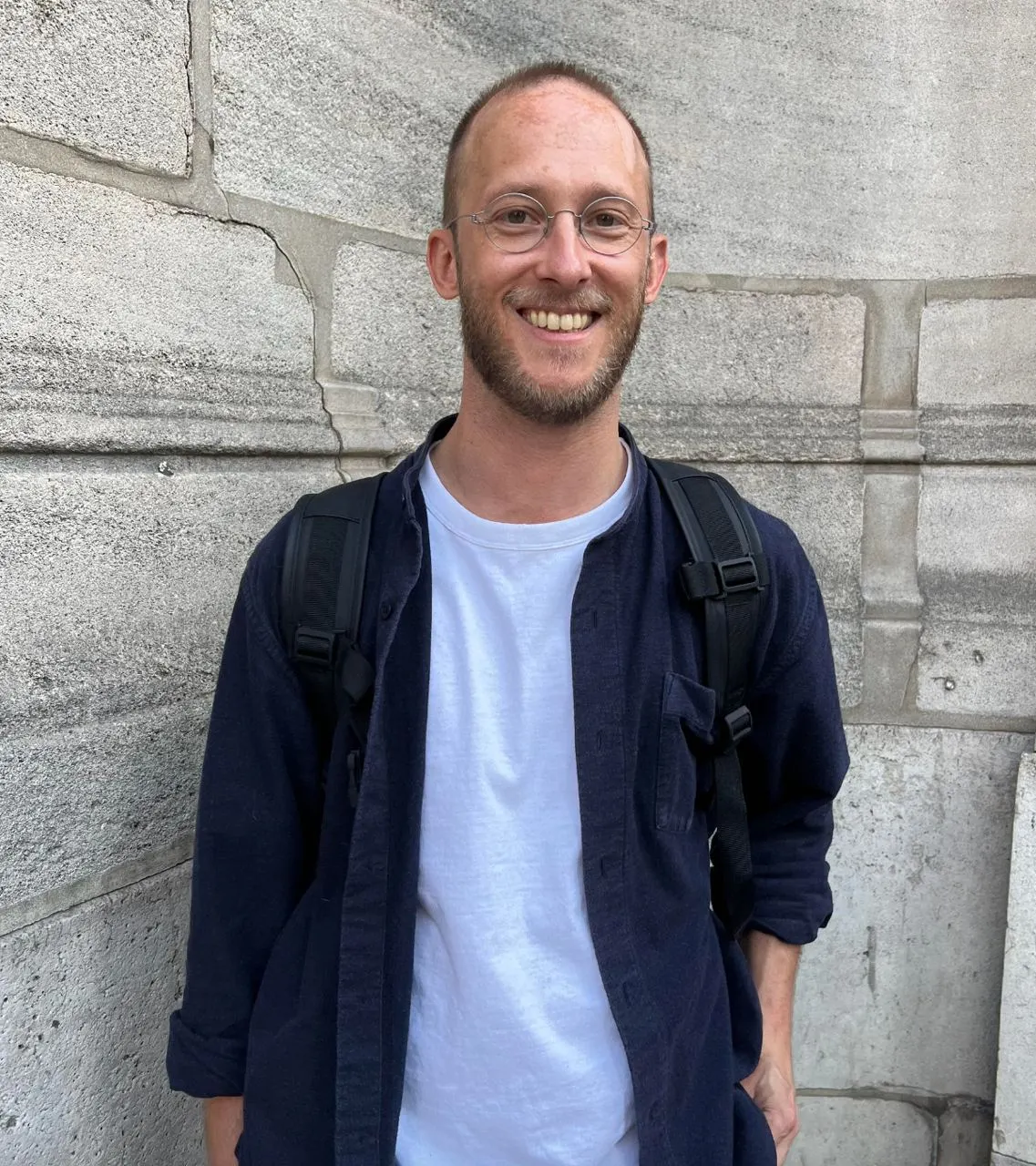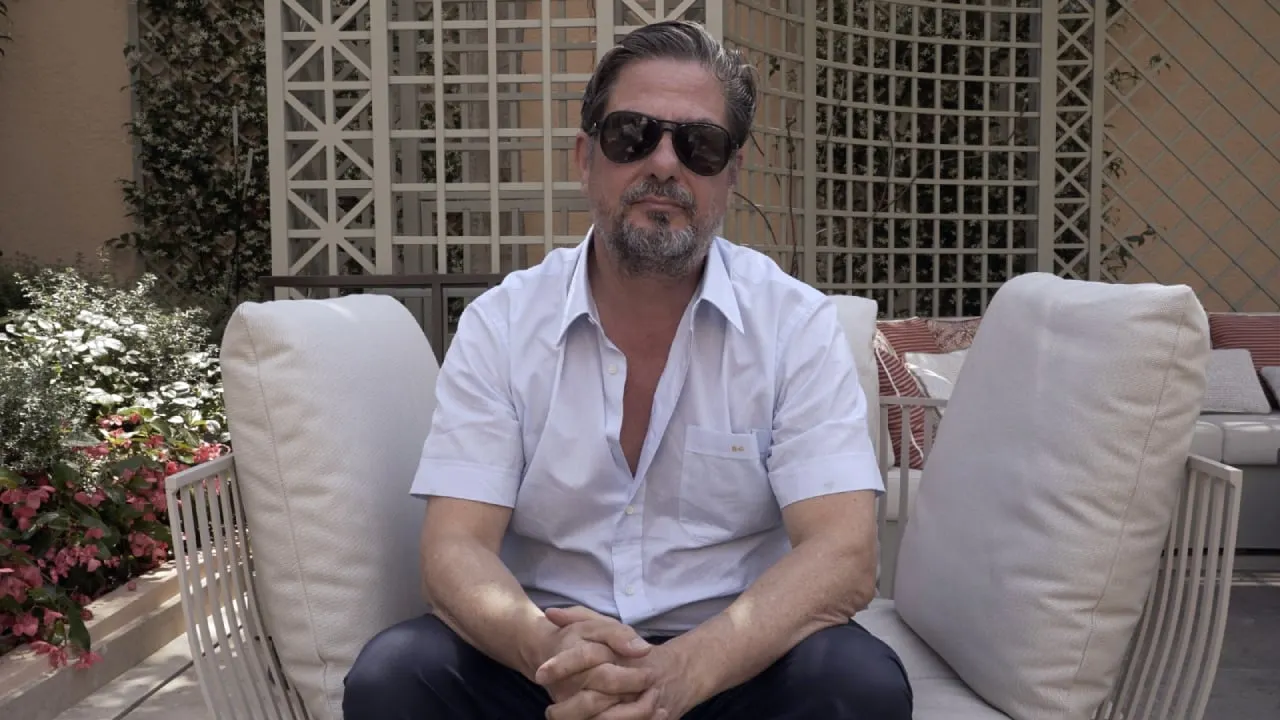As the leading lights of the film world descended on the Cote d’Azur for the Festival de Cannes, one of their number is looking to change the face of the industry.
In Cannes for the premiere of Wes Anderson’s “Asteroid City,” Roman Coppola, the film’s story co-creator—and acclaimed director and producer in his own right—was also celebrating the first anniversary of his Web3 film fund, Decentralized Pictures.
Speaking to Decrypt, Coppola explained that he and partners Leo Matchett and Mike Musante created Decentralized Pictures to break the stranglehold of centralized gatekeepers over the film industry.
“There are a few studios and very powerful agents who control the business,” he said. “We wish to bring filmmaking tools, contacts, and support to people who need their voices to be heard.”
A film funding DAO
Decentralized Pictures uses a combination of blockchain technology and a decentralized governance structure to effectively create a film funding DAO.
Built on a fork of the Tezos blockchain dubbed T4L3NT Net, the platform runs on its own native token, FILMCredits. Aspiring directors can buy FILMCredits to submit their work for funding opportunities, or earn them by reviewing others' projects.
Accumulated FILMCredits can then be staked to support favored projects, offered to other users as payment for reviews or feedback, or used to pay for application fees for creative financing rewards.
The film fund is structured as a 501c(3) nonprofit; rather than grants, its awards are treated as investments in the winning film, with a share of the profits returning to Decentralized Pictures to be invested in future awards on the platform.
The Film3 movement
Decentralized Pictures is one of the key players in the burgeoning “Film3” movement, which uses Web3 technologies such as blockchain to disrupt the film industry’s centralized processes and institutions. The fund’s CEO, Leo Matchett, told Decrypt that blockchain is a vital tool in Decentralized Pictures’ setup.
"Blockchain creates a fair and transparent record of the voting," Matchett said. "Determining which artists are most deserving of support from the foundation is the goal, and that process needs to be open and available to all.”
At the heart of the "virtual studio" launched on the platform is the Decentralized Pictures community, which connects filmmakers, writers, and technicians globally to exchange services and content.
"Imagine if we're making a movie and need a shot of a unique flower that only grows in Africa," Coppola said, "we could issue a call to action for someone within our community to capture that shot. Or if we needed a joke for a particular scene, we could offer a percentage of the movie's earnings for the best submission."
Finding "unique voices"
By using a decentralized governance model, the platform hopes to surface underrepresented filmmakers, Coppola said.
“We have this ambition to really truly find unique voices,” he told Decrypt. “Every couple of years, there's a new Tarantino or a new Kubrick. It's inevitable that someone we don't know about now will emerge as an important filmmaking voice of their time.”
The fund has already had some early successes in supporting new voices in the industry. Coppola expresses particular pride in the recent success of the short film project "Holy Smokes," which won a $40,000 Comedy Screenplay Award granted by Decentralized Pictures in partnership with “Clerks” director Kevin Smith. He fondly recalls the moment when the script’s two young writers, Gabby Fiszman and Isabella Ares, were declared the winners.
“I was there when they announced the winners,” he says. “That experience gave me goosebumps. A sense of possibility blossomed—giving us the feeling that yes, we can do this, something is happening. That truly made my day. I wish to see such moments multiply, happening 10 times a day”.
Decentralized Pictures has also thrown its weight behind Film3 filmmakers. It recently awarded the $100,000 Andrews/Bernard prize, sponsored by “Ocean’s Eleven” director Steven Soderbergh, to Miguel Faus for his feature “Calladita.” The Spanish film is the first European feature financed through an NFT crowdfunding raise.
And there’s more to come; Matchett recently revealed that upcoming grants in the works include the NAx Award and a horror award supported by “legends of the genre.”
Currently live on the platform are awards including the iPhone Filmmaking Initiative, an ongoing “rent assistance grant” for screenwriters, and “That Film I Made,” with a prize that includes $2,500 in funding and mentorship from Coppola himself.
For Coppola, Web3 promises to catalyze the emergence of new voices in filmmaking, and possibly even new genres.
“I'm a curious person, and I’m interested in technology,” he said. “You always ponder how it could serve the art of filmmaking, an inherently technological craft. Its existence fundamentally relies on the photochemical process and camera mechanics."
"With the advent of the digital age, photochemical processes have been overtaken, and editing is now primarily computer-based," Coppola continued. "Whenever technology comes along, there's always someplace where it supports filmmaking.”

